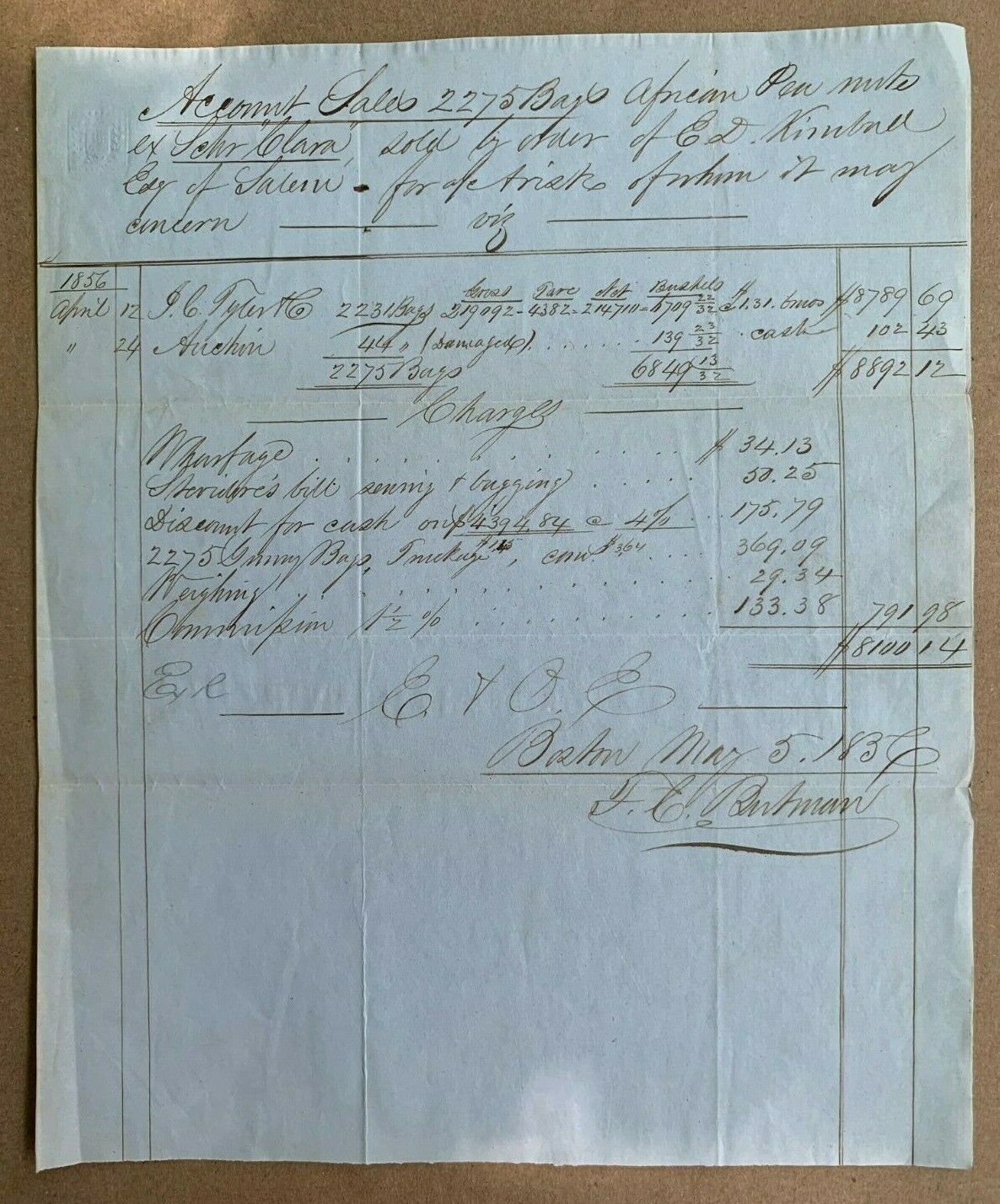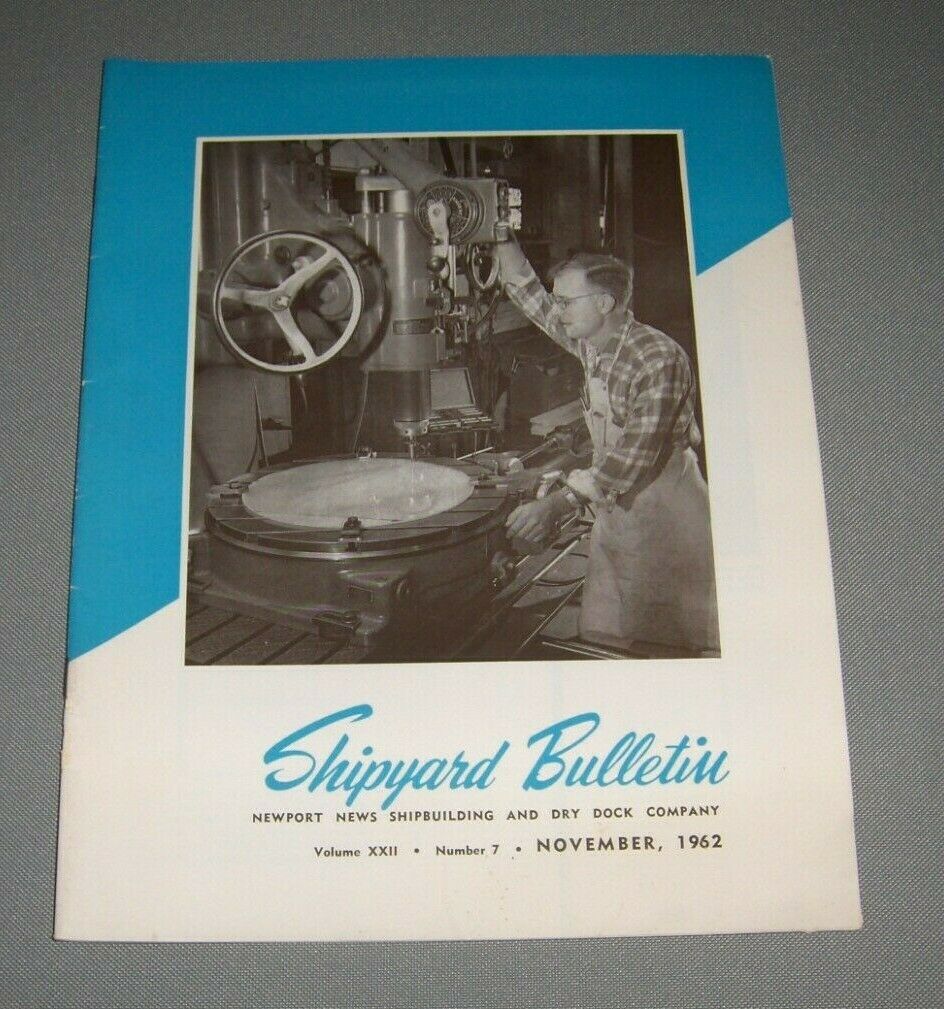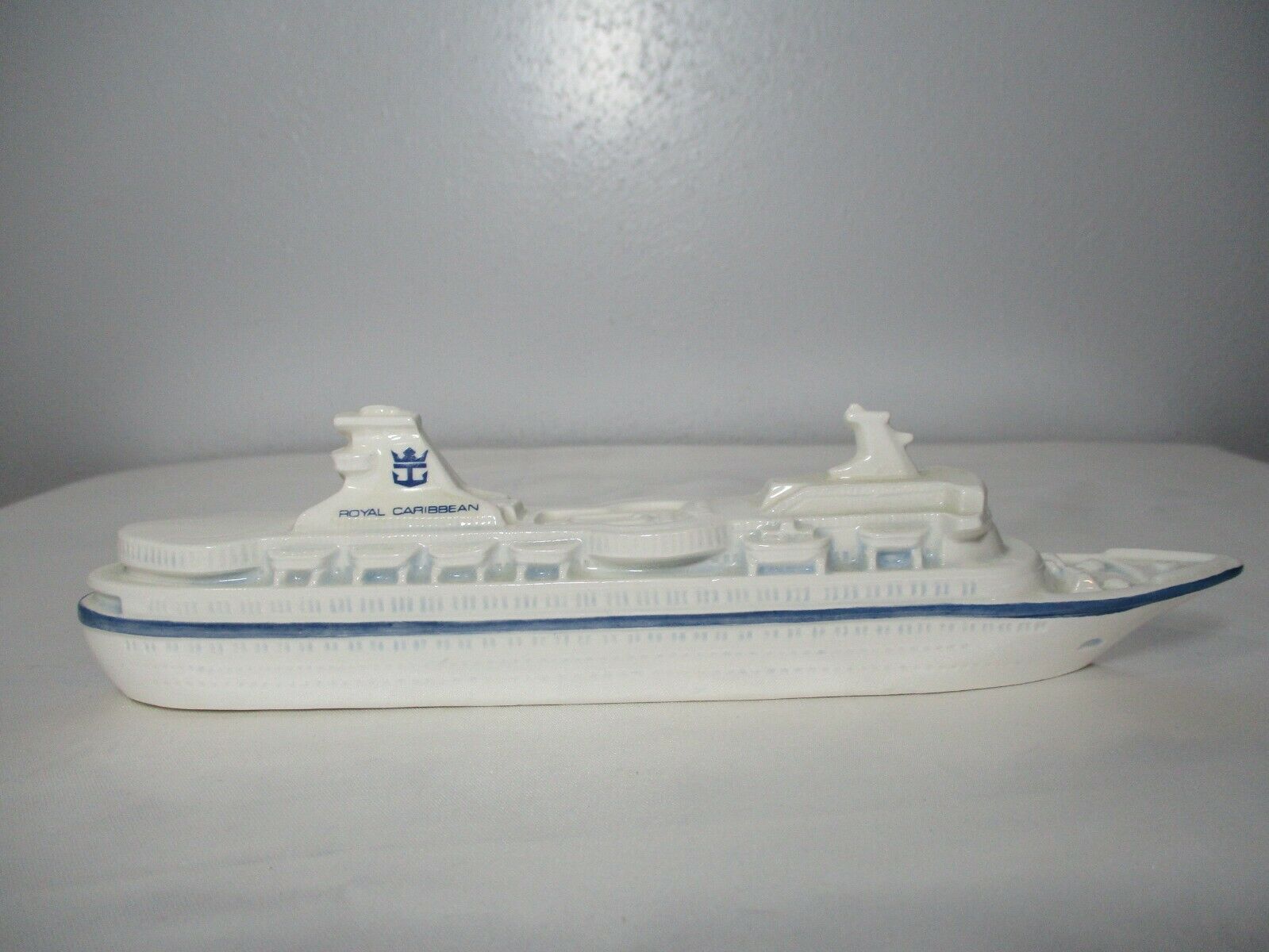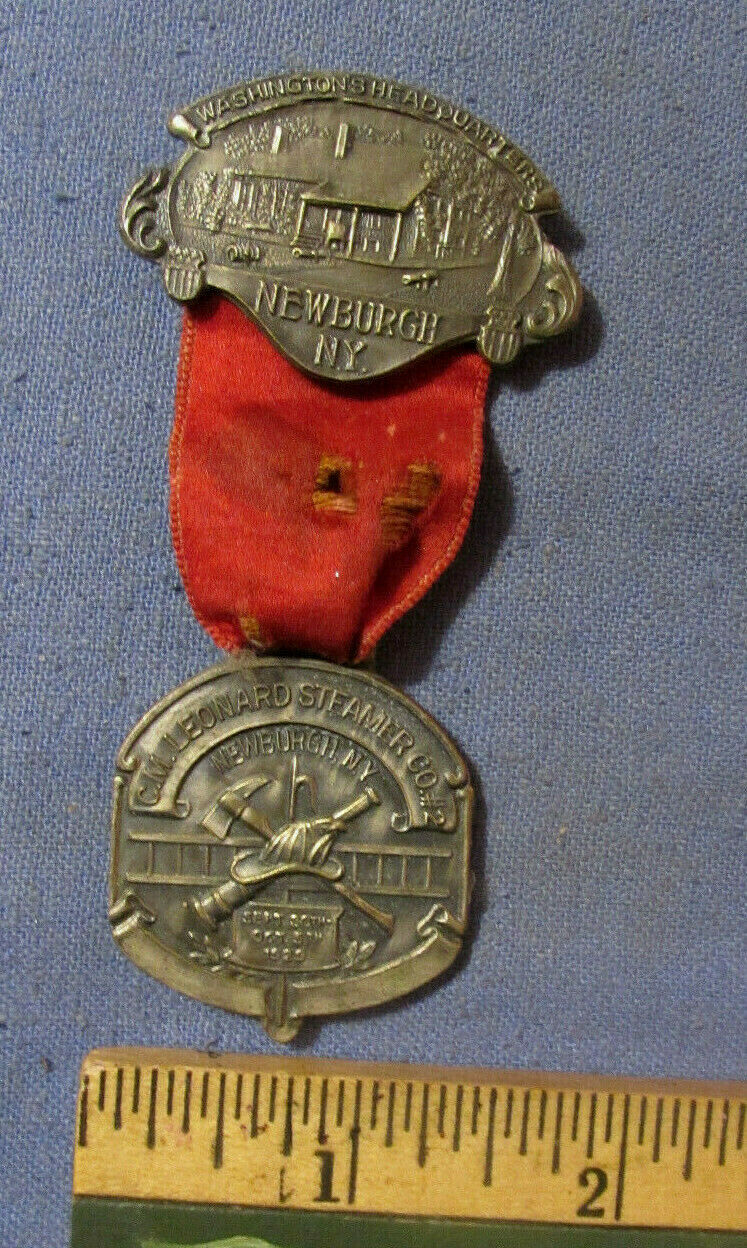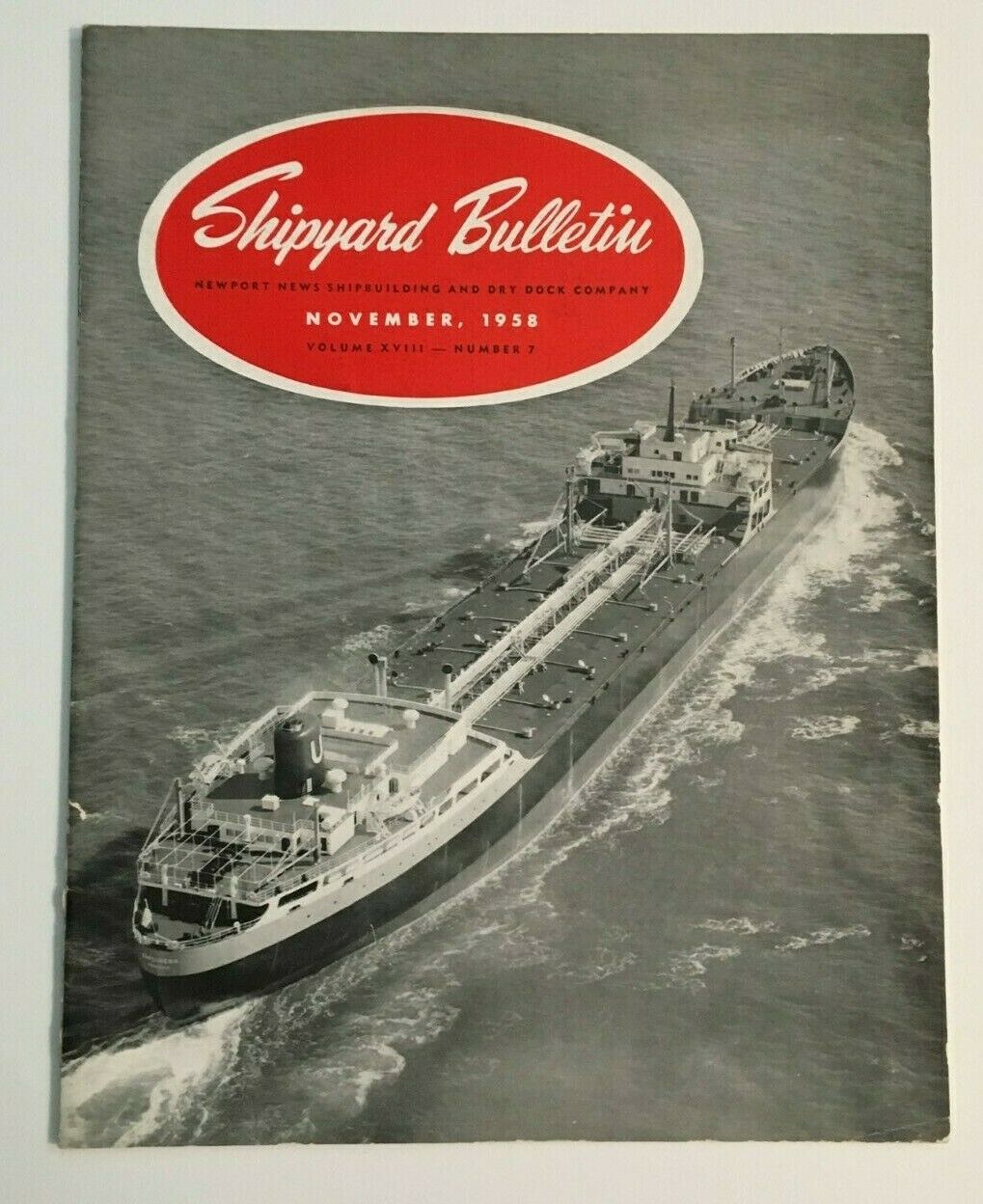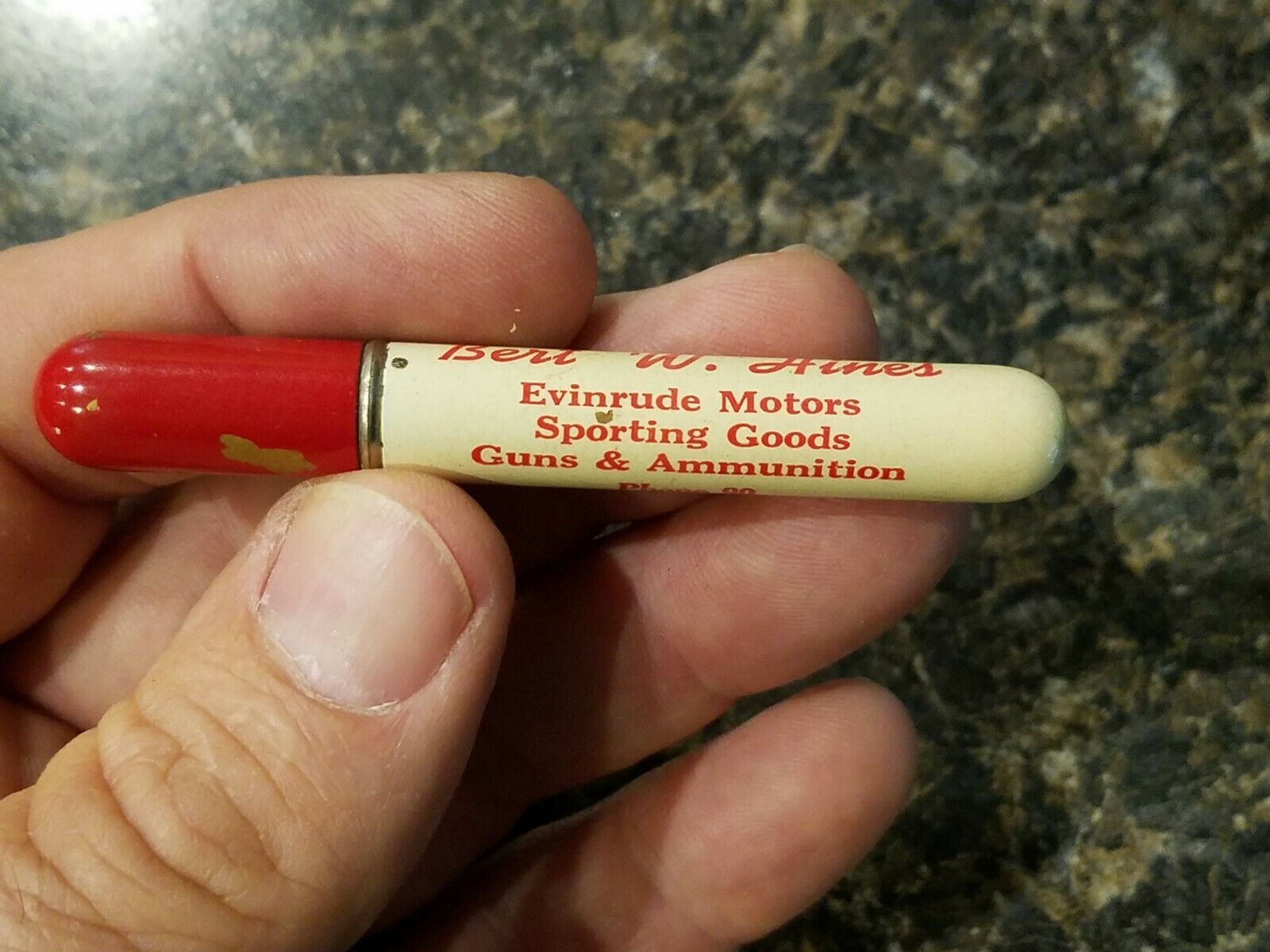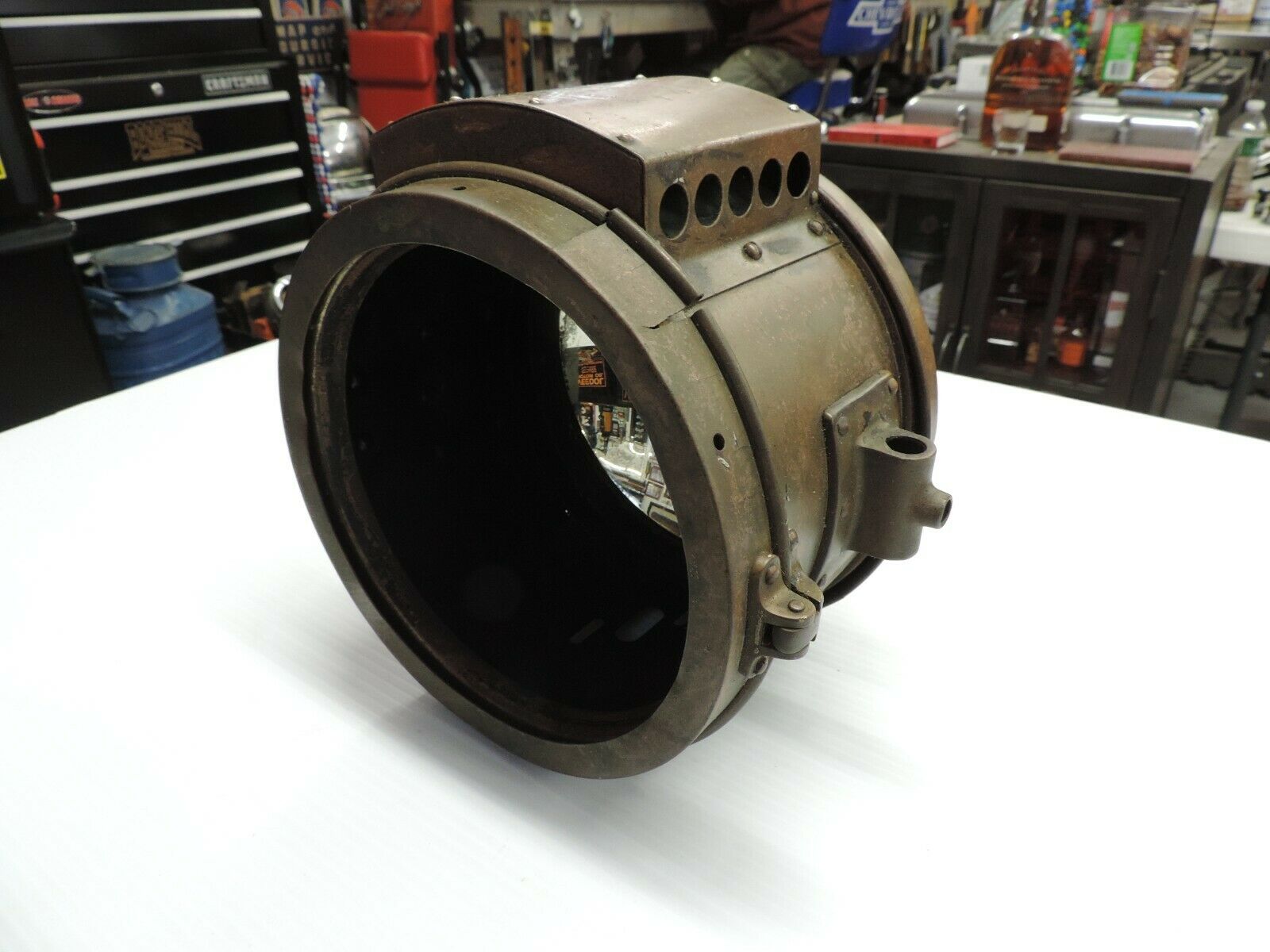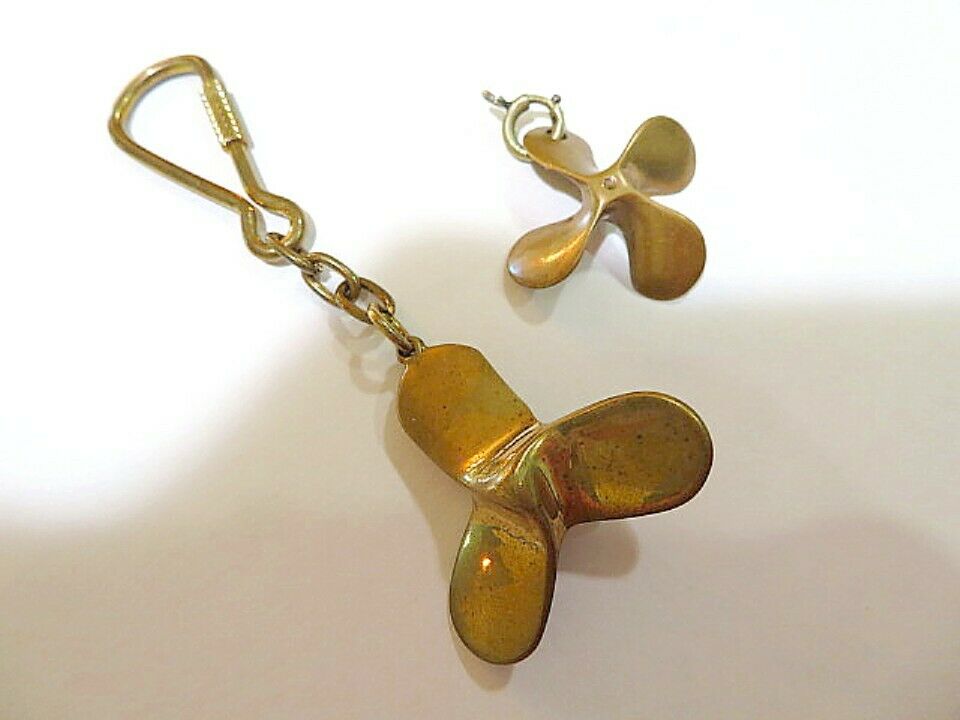-40%
1856 FORMER SLAVE SHIP SCHOONER CLARA AFRICAN CARGO PEANUTS TRIANGLE TRADE SALEM
$ 50.16
- Description
- Size Guide
Description
1856 MANUSCRIPT ACCOUNTING DOCUMENT FOR THE SALE OF A MASSIVE AFRICAN CARGO OF PEANUTS, CARRIED ON A FORMER SLAVE SHIP, THE SCHOONER CLARATRIANGLE TRADE MANUSCRIPT DOCUMENT; CARGO OF AFRICAN PEANUTS, WORTH THE MODERN EQUIVALENT OF 0,000S, ABOARD A FORMER SLAVE SHIP, THE SCHOONER CLARA
1856 MANUSCRIPT BUSINESS DOCUMENT RECORDING THE SALE OF A CARGO OF 2,275 BAGS “AFRICAN PEA NUTS,” FROM ON BOARD THE SCHOONER CLARA, AFTER RETURNING FROM COASTAL WEST AFRICA.
Sold by order of Salem maritime merchant, Edward D. Kimball, Esq., by F. C. Butman (agent), for Thomas Chown, Jr. [Englishman active in business and governance in Gambia]. Interestingly the document notes the associated expenses, including wharfage, truckage, commission, etc. Kimball’s manuscript docket on verso: “Chgd Acct Sales 2275 bags Pea Nuts by F. C. Butman for a/c T. Chown. Sales #148- nett ,100.14” [the equivalent of 0,000].
As best I can determine the Schooner Clara above is the same ship repeatedly implicated in the slave trade, the following being just one example, twenty years prior. In 1839, the Royal Navy cruiser HMS Buzzard intercepted two suspected American slavers off the west coast of Africa-- the brig Eagle and schooner Clara. As there were no American naval ships to turn the vessels over to, the British escorted the suspected slavers to New York harbor. The arrival of the three ships created a furor in the American press which was indignant that the British would seize American ships. The British had already attempted to try similar vessels in Sierra Leone before a mixed Anglo-Spanish commission adjudicating alleged slaving, but that commission refused to try the vessels on the grounds they similarly sailed under the American flag. The U.S. attorney general ordered the Eagle and Clara released, accepting spurious Spanish papers produced by the owners. The United States ordered a squadron back into African waters (1840). Around this time, the British Navy had escorted other suspected slave ships to New York harbor, unsuccessfully attempting to get American courts to enforce English laws against slave trading.
The
Thomas Chown mentioned (the recipient of the small fortune of 0K worth of African Peanuts), was Thomas Chown, Jr. (1816–1915), a pioneering London born businessman who joined his father, Thomas Chown, Sr., in the family business in the Gambia in the 1830s. He succeeded his father in 1845, when Sr. was captured and killed by pirates. Jr. served on the Gambian Legislative Council between 1857 and 1861. Under his leadership, the firm prospered and, in the late 1860s, he retired to Middlesex, to his estate, appropriately named “Gambia House” [see
The Historical Dictionary of Gambia
].
The document is creased at old folds, else crisp and clean.
A fascinating piece of trans-atlantic maritime trade history, with a ship that has connections to the triangle trade. While this document dates to 1856, and Edward D. Kimball did not participate in the slave trade (but made millions in other aspects of the abhorrent Triangle Trade). This ship’s name and proximity point to this being the same ship (nearly 20 years later). There are numerous accounts online of the “Schooner Clara” carrying slaves to the new world between 1825-1839, including the above anecdote, and this ship's name is listed in multiple English slave logs available online.
We have been selling on eBay for more than 2 decades. We pack carefully, ship quickly, and have thousands of happy customers. Our feedback speaks for itself, so purchase with confidence.
